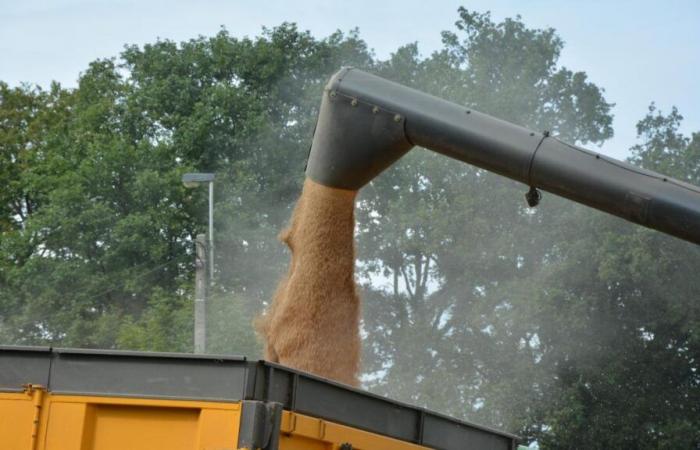According to the FAO, world cereal production in 2024 is expected to decline by around 0.4% compared to the previous year and stand at 2,848 million tonnes, the second highest production volume on record.
Forecasts updated for 2024-2025, delivered by the Food and Agriculture Organization of the United Nations (FAO) in its latest bulletin on cereal supply and demand dated November 8, suggest an increase in production rice and wheat, but a drop in corn production.
Asian wheat booming
Global wheat production is expected to increase, as a production boom in Asia – driven by expanded acreage and favorable weather conditions – more than offset sharp declines in major European producers.
After reaching a record level in 2023, world production of coarse grains is expected to decline in 2024. The cause? The significant reduction in corn production, linked to unfavorable weather conditions. At the same time, global rice production for the 2024-2025 campaign could reach 538.9 million tonnes, an unprecedented level, thanks to a record number of plantations.
Usage and stocks on the rise
Cereal use is expected to increase by 0.5% globally. It would amount to 2,857 million tonnes in 2024-2025, thanks to the growth in food consumption of rice and wheat.
World cereal stocks are expected to increase by 0.6%, reaching 889 million tonnes, mainly due to the expected increase in rice reserves. Based on these forecasts, the global cereal stocks-to-use ratio is expected to be 30.6%, close to its five- and ten-year average levels.
International cereal trade, according to the latest FAO estimates, is expected to amount to 485 million tonnes, representing a contraction of 3.9% compared to the 2023-2024 level. World trade in rice is expected to grow, unlike wheat and coarse grains, which are expected to decline.
Senegal






